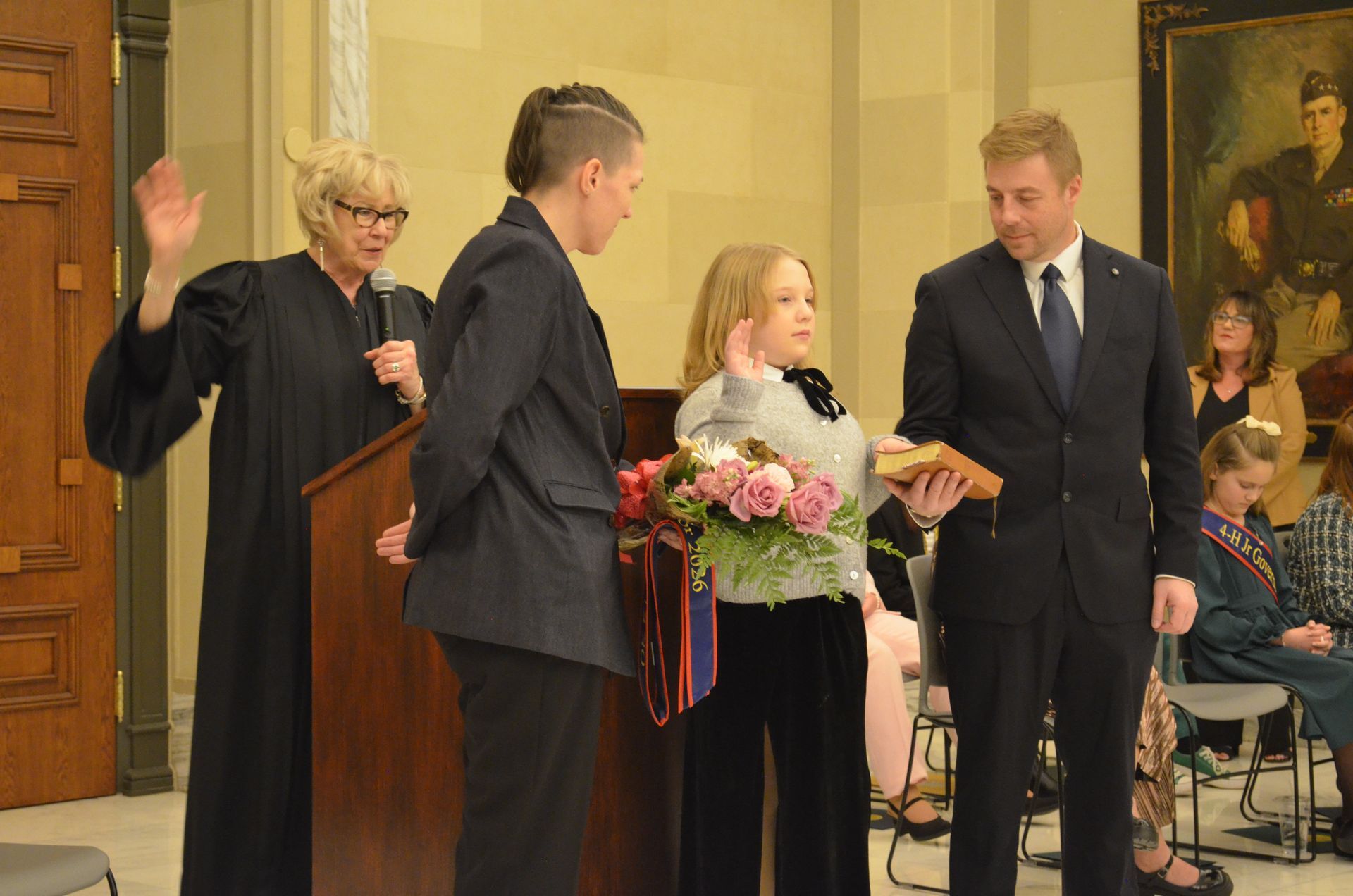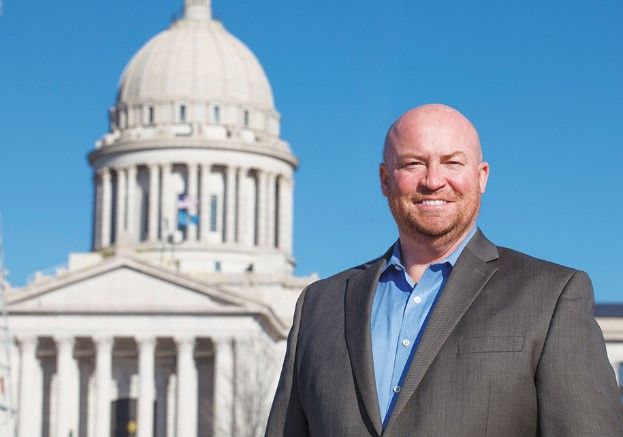Child Advocates Laud End of Corporal Punishment for Students with Special Needs
“This is a great victory for Oklahoma’s students with special needs,” said Joe Dorman, CEO of the Oklahoma Institute for Child Advocacy (OICA). Dorman was speaking about the fact that Senate Bill 364 became law today, without the governor’s signature.
SB 364 makes it illegal for schools to use corporal punishment for certain students with special needs under the federal Individuals with Disabilities Education Act (IDEA). Gov. Kevin Stitt neither signed nor vetoed the bill, meaning that – under a provision in Oklahoma’s Constitution called "pocket passage"– it has become law. While the Legislature is in session up until their final five days of business, if a governor neither signs nor vetoes a bill within five business days, such a measure nonetheless becomes law.
“We are grateful that Governor Stitt allowed the ban on the use of corporal punishment on children with special needs to become law,” Dorman said. “This was a top priority of OICA this session, and the culmination of years of work by many dedicated child advocates across the state.”
One of the leaders of that coalition, Carolynn Macallister of Payne County, was quick to praise the bill’s sponsors, Sen. Dave Rader, R-Tulsa, and House Speaker Pro Tempore Anthony Moore, R-Clinton, for their hard work to get the bill passed.
“ On behalf of the coalition, I am very thankful that students with special needs are protected thanks to the dedicated work of these leaders and legislators in both the House of Representatives and Senate who voted for the bill,” Macallister said.
It was a coalition of 24 organizations from across the state that came together to end the practice of inflicting physical pain on students with special needs, some of whom might not have understood why they were being punished. Only a few dozen school districts still allowed physical punishment on special needs students.
“This was a manifestation of their needs and prevented them from getting their legally required fair and appropriate education,” Macallister said. “The stories we heard from parents were heartbreaking, with some of their special needs children being punished without the parents’ permission.”
Dorman said the stories echoed the events which led to the creation of OICA more than forty years ago. “OICA was created as a response to the state maintaining a system of abuse on children in its custody, to ensure that something like that is never repeated,” he said. “Now we know that these special needs students will be treated properly, and their parents can rest easy.”
While ending the practice of corporal punishment on special needs students in school, the bill does not impact parents’ right to discipline their children in whatever manner they deem appropriate under the law, nor does current Oklahoma law prevent school districts from using corporal punishment on other students.
Macallister thanked former state Rep. John Talley, R-Stillwater, who first carried the legislation two years ago. Dorman noted that former state Sen. Kay Floyd, D-OKC, was the original Senate sponsor.
As Macallister summed it up, “I just thank God that we got it done.”











